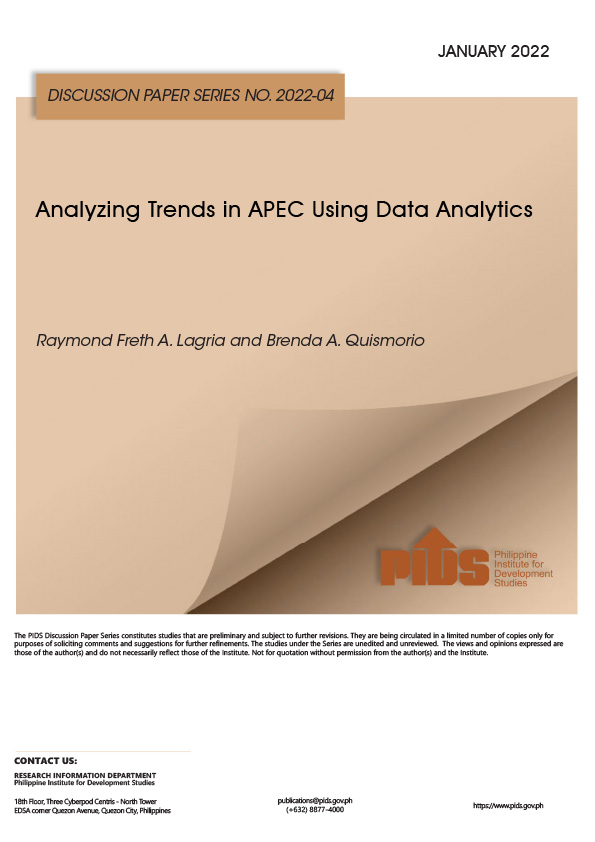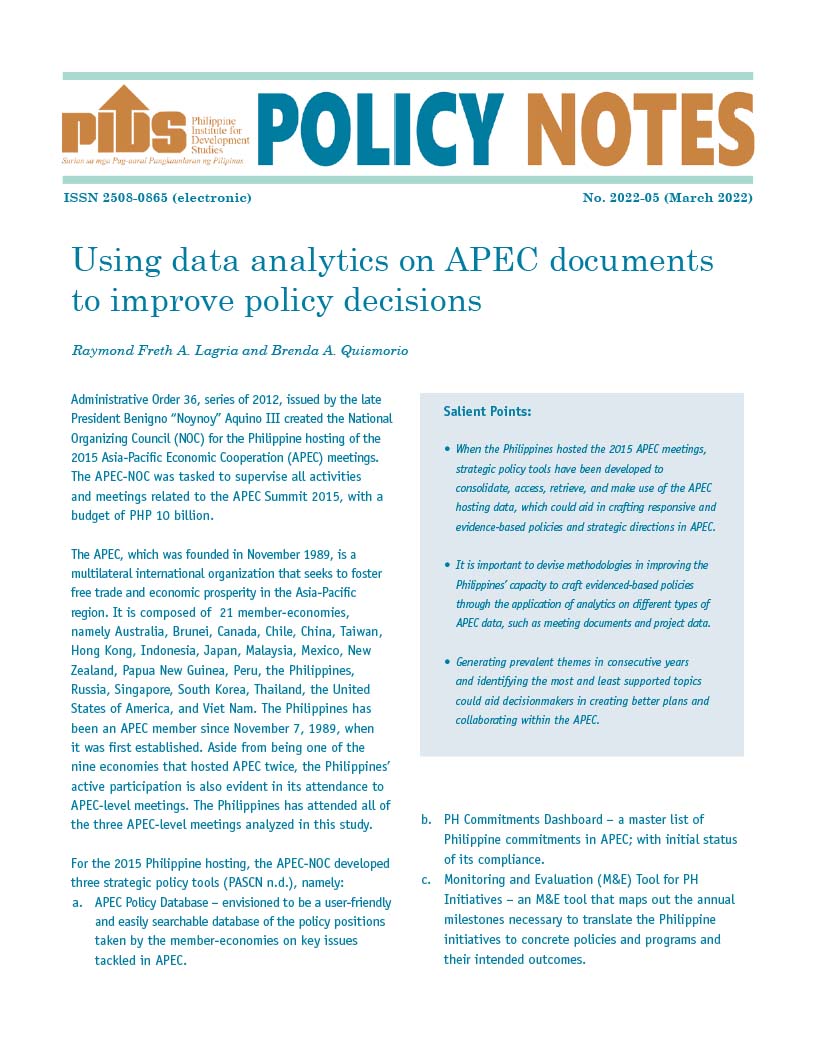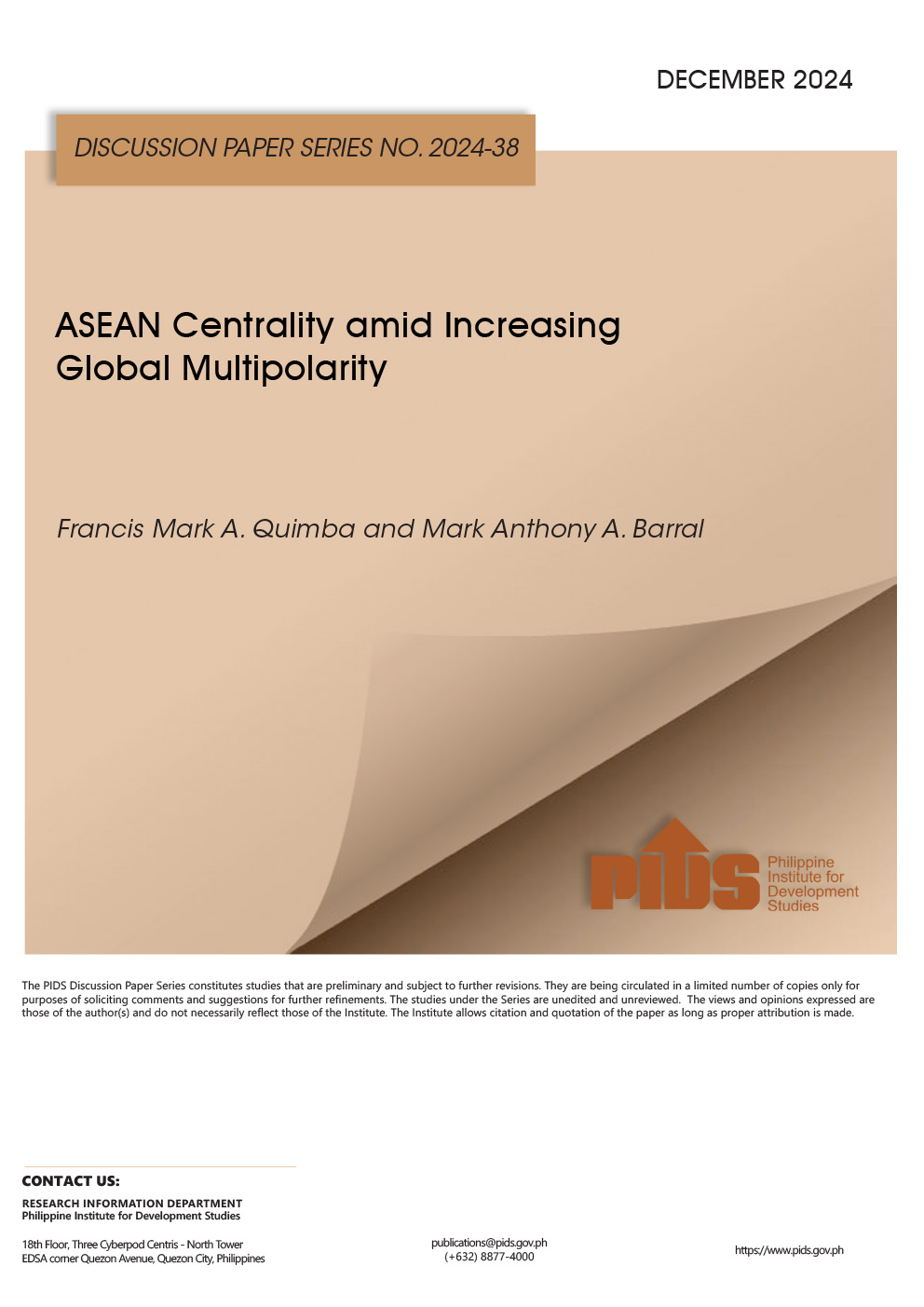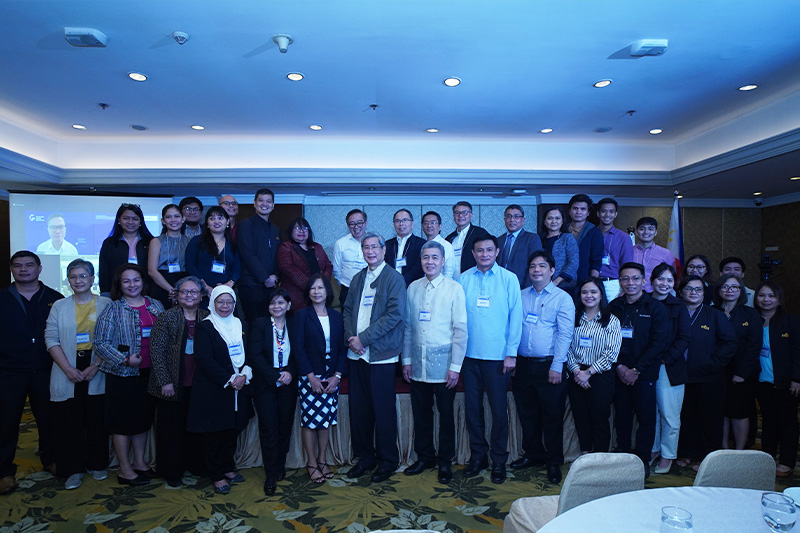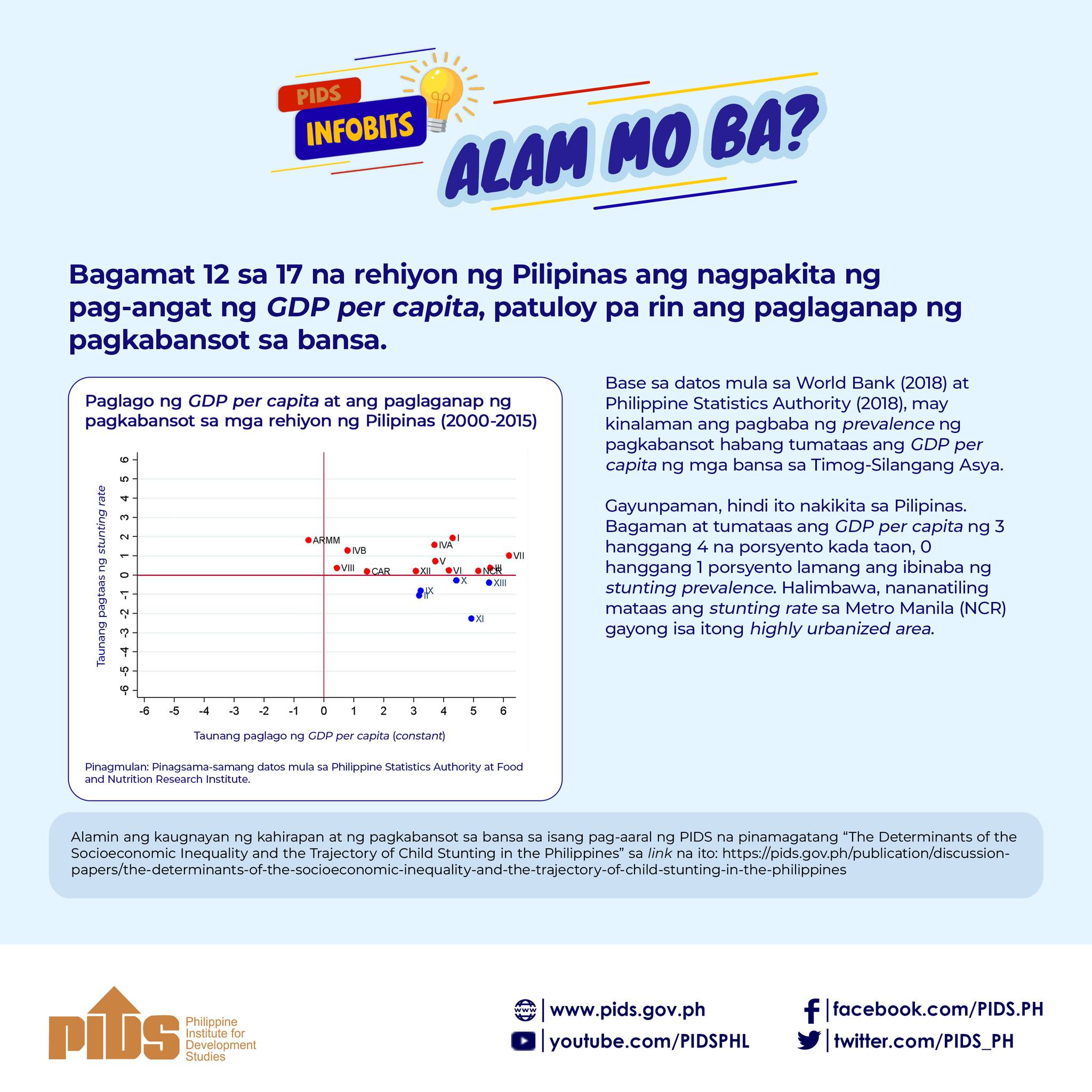
To keep pace with the competition brought about by the integration of the Association of Southeast Asian Nations (ASEAN), small and medium enterprises (SMEs) in the Philippines are urged to improve their internal processes and systems.
This is part of the supply chain integration, which according to a study published by the Philippine Institute for Development Studies (PIDS), leads to better organizational performance. According to the study, firms undergo supply chain integration “by coordinating their production or service demands with their suppliers” or by coordinating with consumers to know their product preferences.
“Currently, SMEs that are exporting commodities are already experiencing obstacles related to trading,” PIDS consultants Elaine Borazon and Vivien Supangco, authors of the study, said.
“These barriers could be addressed by focusing on enhancing the organizational resources and integrating the whole supply chain,” they added.
Specifically, the study focused on three factors to identify how supply chain integration impacts SMEs’ performance and competitiveness, namely, internal integration, customer integration, and supplier integration.
Results of the study showed that “internal integration strongly influences both business performance and competitiveness” of Philippine SMEs.
The study refers to internal integration as “joint decisionmaking, collaboration, and information sharing across internal functions of the firm” to ensure streamlined workflows, collaborative decisions, and efficient communication. An example of this is by linking a company’s various departments through an information technology system, the authors explained.
The study concluded that firms should “structure their internal organizational process and strategies to meet their customer requirements”. The authors added that firms should encourage “collaboration across their various internal processes to achieve better business performance and competitiveness”.
Moreover, the study said that adopting internal integration will “decrease functional barriers and allow cooperation among internal departments”. It will also help ensure the efficient use of internal resources in firms.
The study further stressed the importance of internal integration for the success of both customer and supplier integration.
To help SMEs strengthen their internal integration, the authors recommended for the government to support and provide education and training to enhance SME’s management skills, particularly in the “generation of effective operational and production plans and functional coordination”.
The use of information systems within SMEs is also encouraged. The study urged the government to invest in various technologies and help SMEs adopt to advances in technology. One example of this, the authors noted, is the Department of Trade and Industry’s MSME Development Plan 2017-2022, which aims to extend technological improvements to micro, small, and medium enterprises (MSMEs). The Philippine Development Plan 2017-2022 also lists strategies to strengthen supply chain linkages among MSMEs. ###
This paper is based on the PIDS discussion paper titled “Effect of Supply Chain Integration on the Business Performance and Competitiveness of the Philippine Small and Medium Enterprises.”

